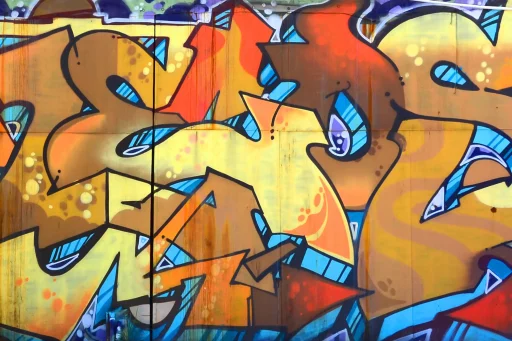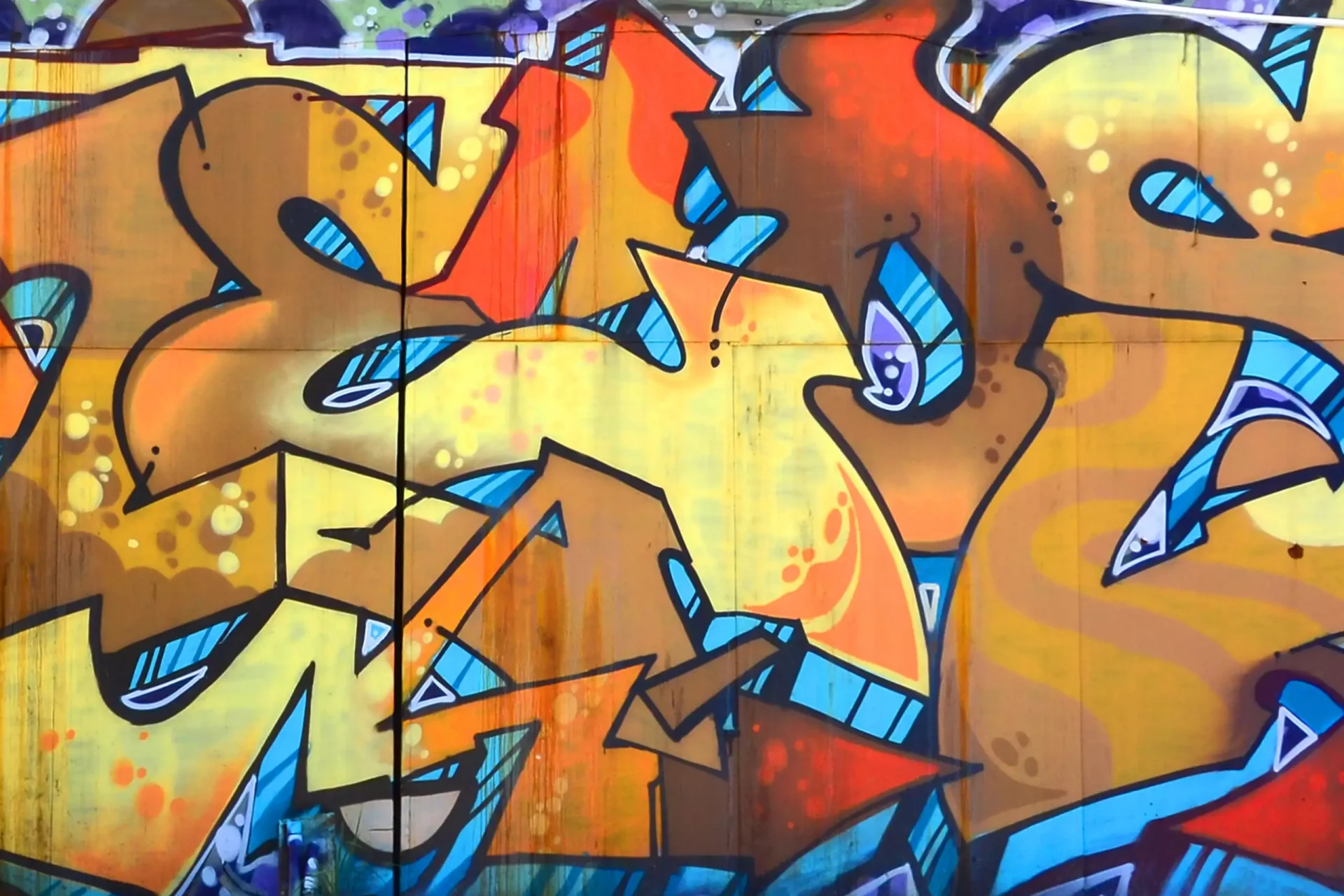Introduction to California Slang
California, known for its diverse landscapes and cultures, is equally famous for its vibrant and evolving slang. From the sun-soaked beaches of San Diego to the bustling streets of San Francisco, slang words and phrases seep into the daily vernacular, shaping the state’s unique identity. In this article, we will delve into various California slang expressions, their origins, usage, and the cultural significance behind them.
The Roots of California Slang
To understand California slang, one must consider the state’s rich history of immigration and cultural fusion. With influences from Hispanic, African American, and Asian communities, Californian vernacular has evolved over decades. Key historical events, such as the Gold Rush and the Hip-Hop movement, further contributed to this linguistic tapestry.
Common California Slang Terms
Here are some of the most popular California slang terms and their meanings:
- Lit: Refers to something that is exciting or excellent. For instance, “That party was lit!”
- Gnar: A term used primarily by surfers to describe something technical or difficult; often, “That wave was so gnar!”
- Salty: Used to describe someone who is upset or annoyed. For example, “She’s been salty ever since the game last night.”
- Dope: Used for something that is impressive or excellent. For instance, “That new car is dope!”
- Ghosting: The act of suddenly cutting off communication with someone without explanation; “He ghosted me after our third date.”
Regional Variations
California is vast, and slang can vary significantly from region to region. Here are some examples of regional differences:
- Southern California: Emphasizes laid-back terms like “chill” and “hella.” For example, “Let’s just chill on the beach today.”
- Bay Area: Incorporates terms that reflect the tech-savvy culture; words like “sus” (suspicious) are commonly used, especially among the youth. “That app looks sus.”
Case Studies: The Influence of Pop Culture
The impact of movies, music, and social media cannot be overlooked when discussing California slang. The emergence of skate and surf culture in the 1980s popularized terms like “rad” and “gnarly.” Similarly, the rise of Hip-Hop culture in Los Angeles contributed words like “dope” and “flex.”
A notable example is the popularization of the term “extra,” referring to someone who is being overly dramatic or high-maintenance. It gained traction through various social media platforms and influencers.
Statistics on Slang Usage
According to a 2022 survey by the Harris Poll, approximately 68% of young adults in California frequently use slang in their daily communication. The survey revealed interesting insights:
- 79% of respondents aged 18-24 reported that they felt more relatable using slang.
- With 56% claiming that slang helps them express their personality.
The Evolution of California Slang
As with any language, slang is ever-evolving. New words emerge, and old terms fade away. With the influence of social networks like TikTok and Instagram, new slang buzzwords appear almost daily. For instance, the term “vibe check” has become a common phrase among Gen Z, meaning to assess the energy or atmosphere in a situation.
Conclusion
Whether you’re a lifelong resident or a visitor, understanding California slang can enhance your experience of its culture and people. Language is a living entity, and California’s slang represents the dynamic spirit of the Golden State. As we continue to embrace diversity, conversations will adapt, and slang will reflect the unique tapestry of life in California.






